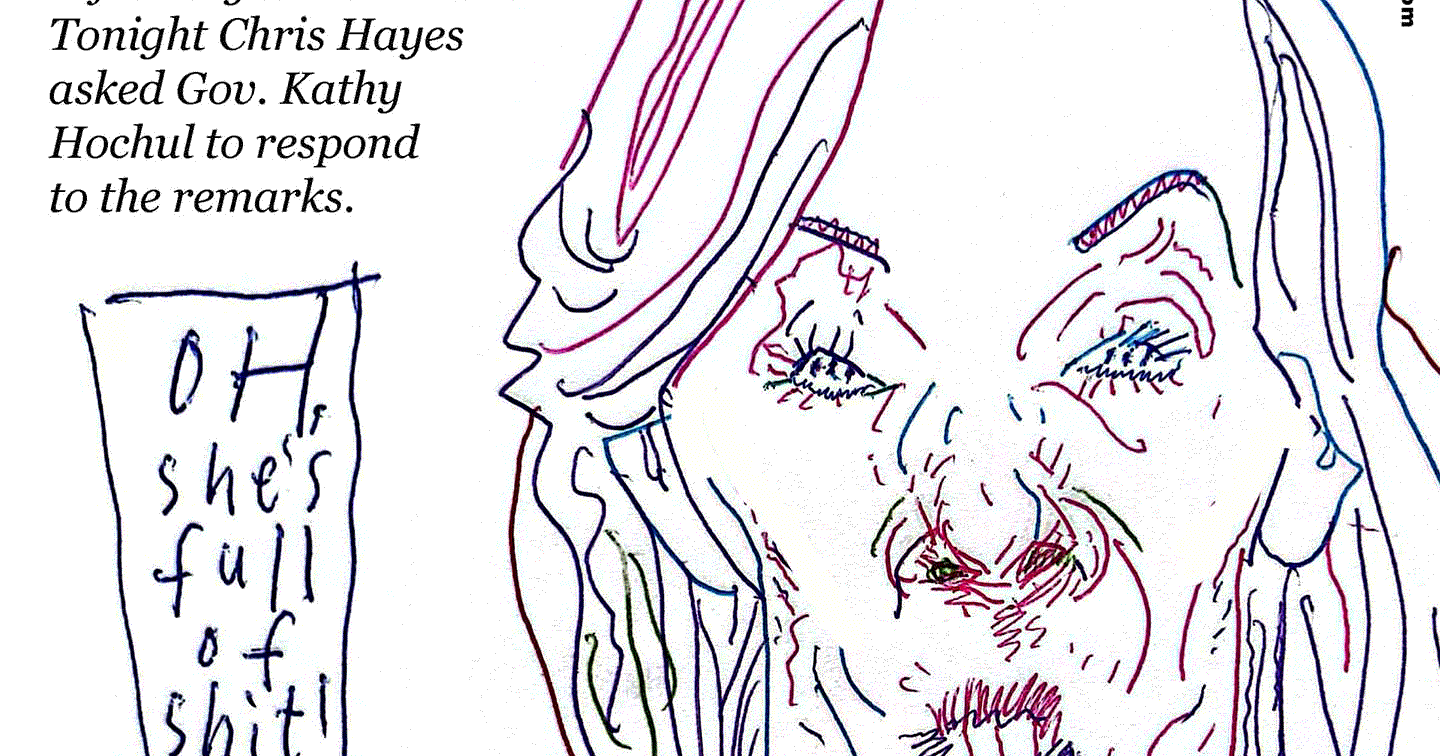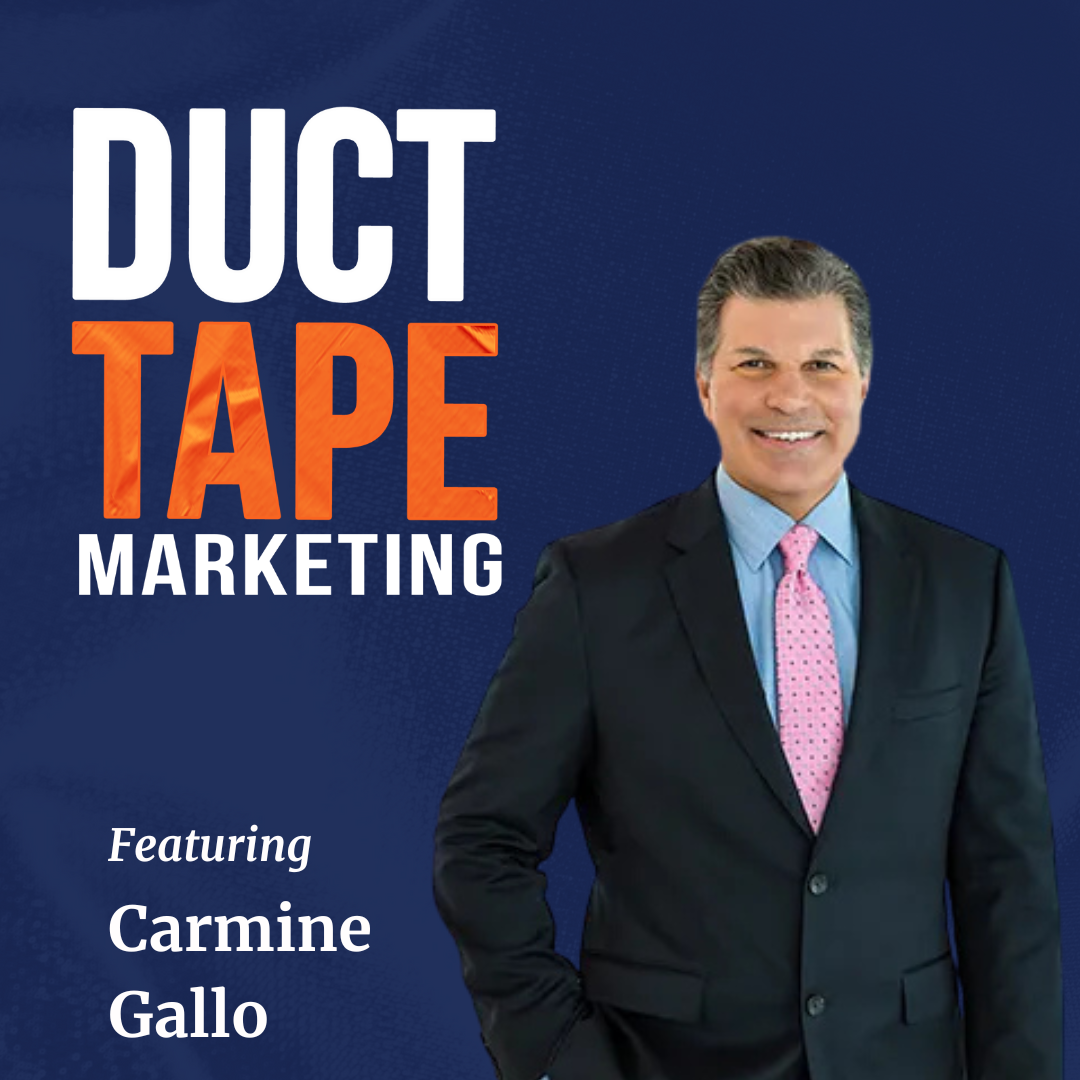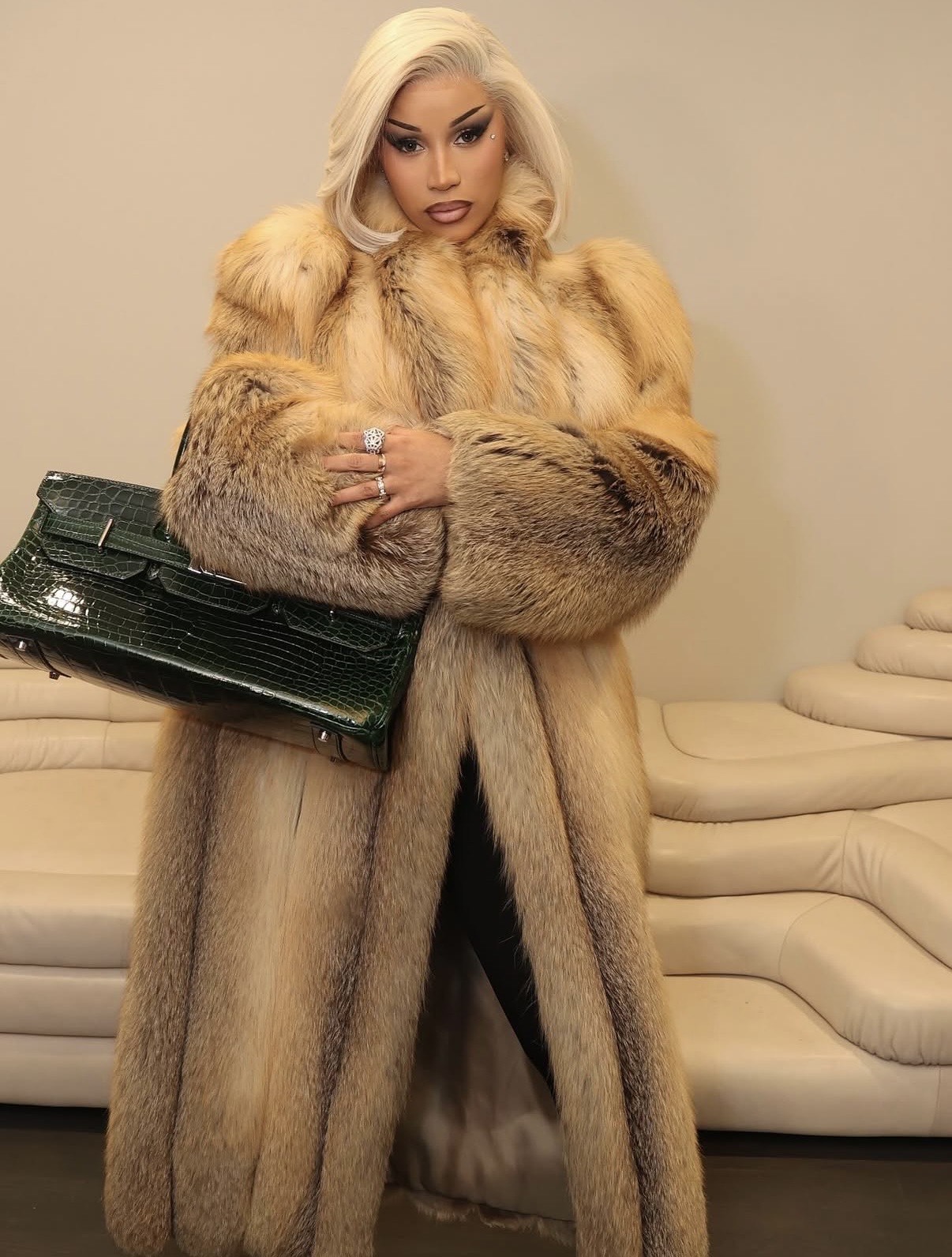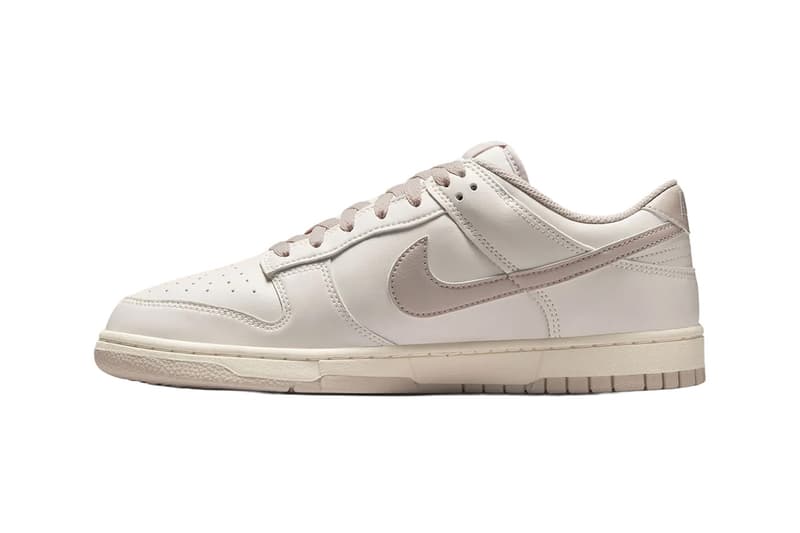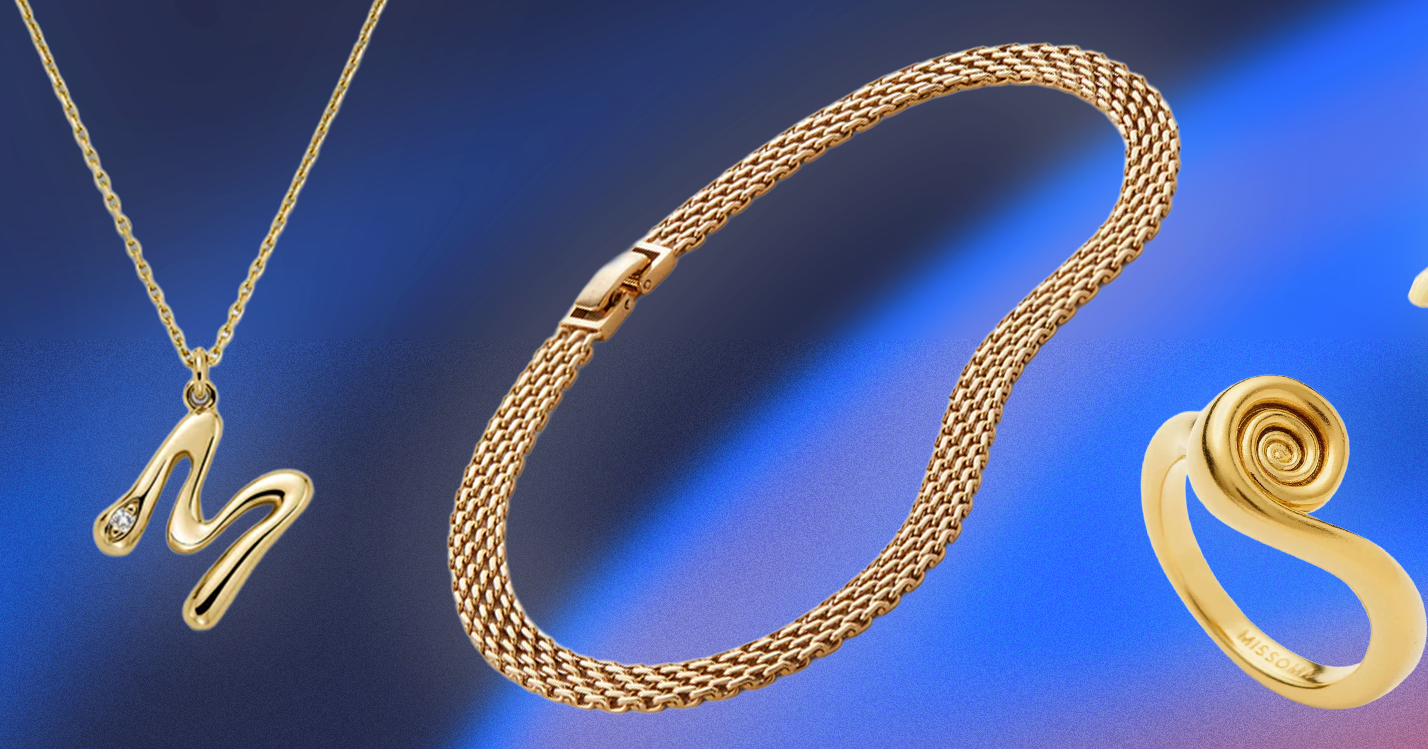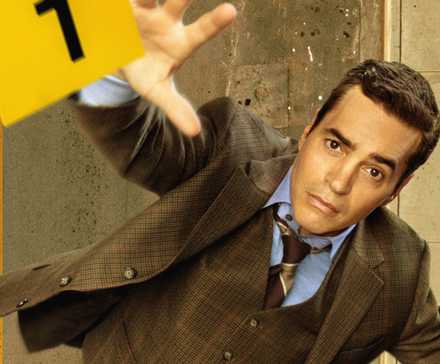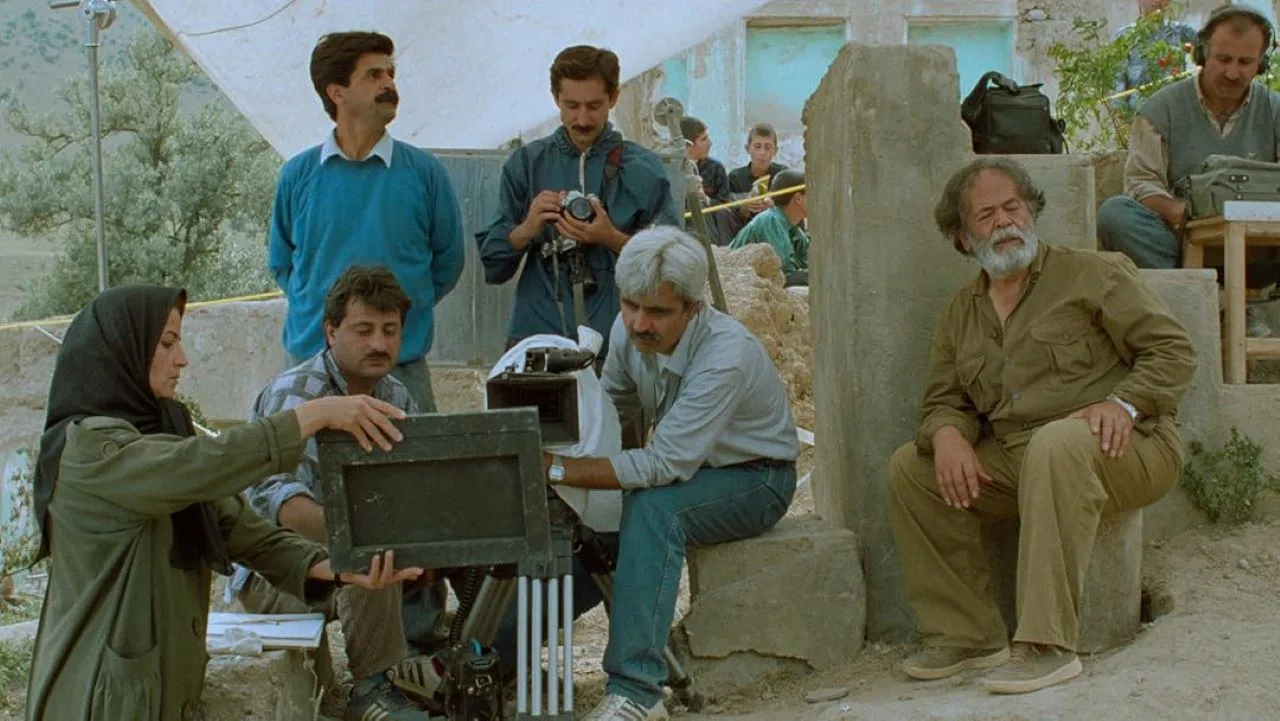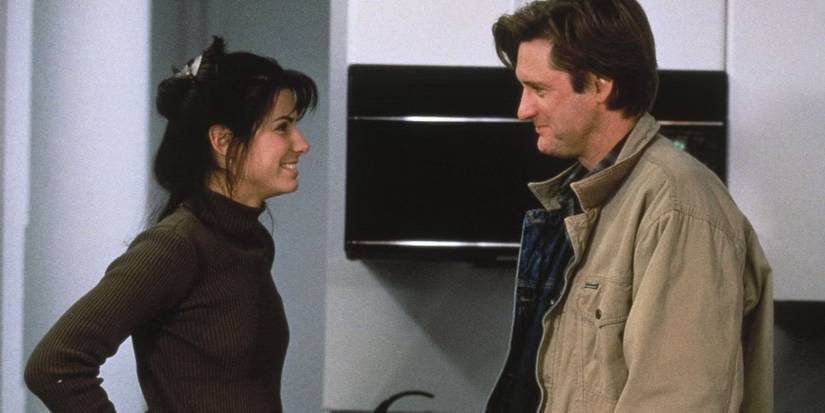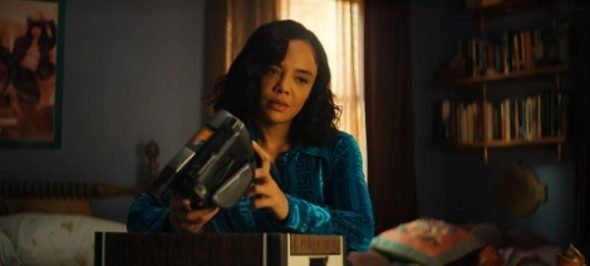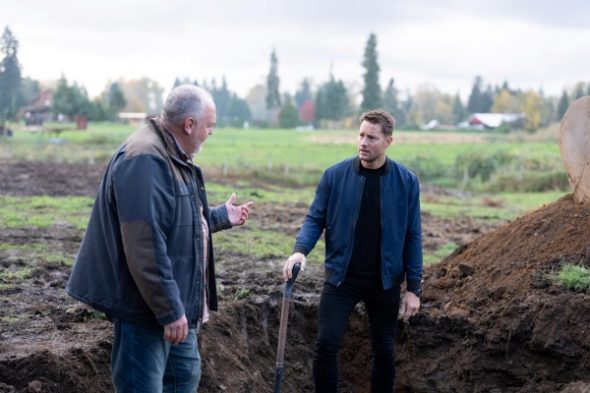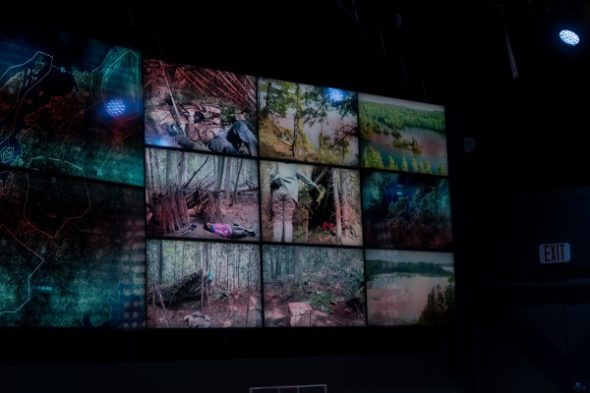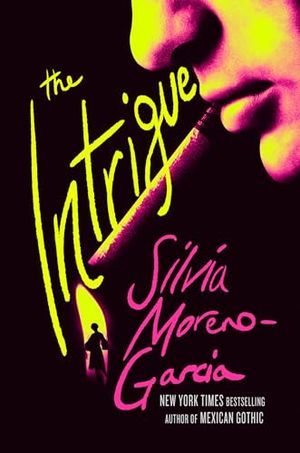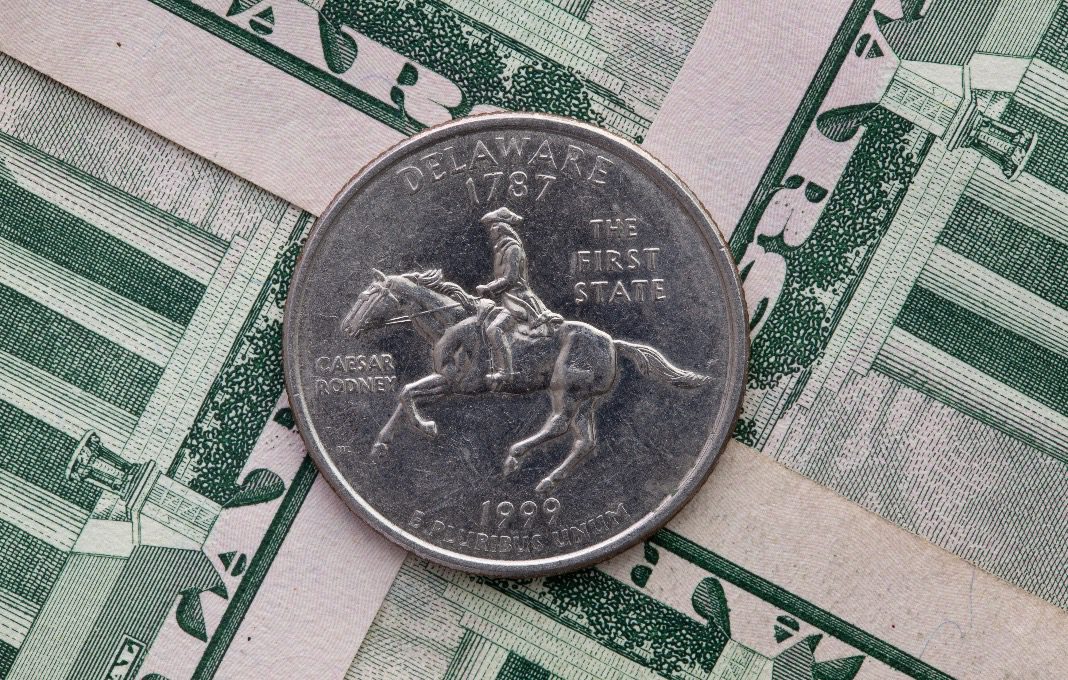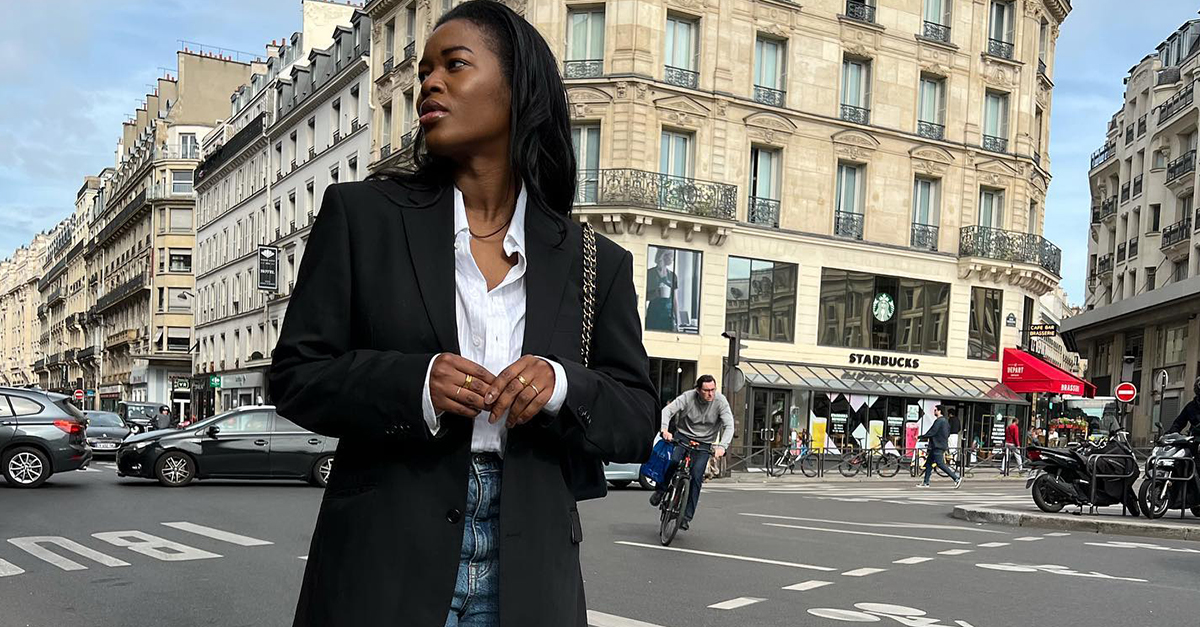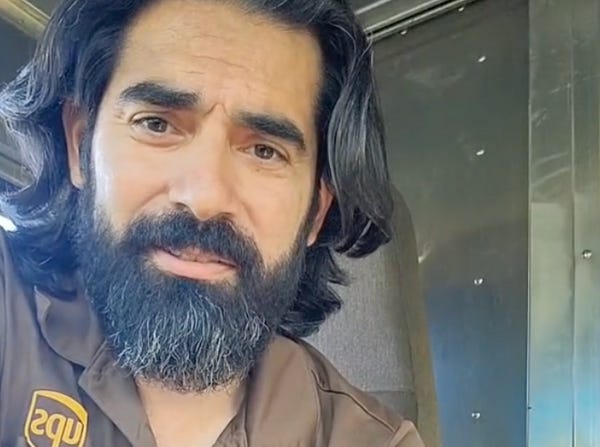[ad_1]
In addition to earning his own top 20 Billboard Hot Country Songs hit “Flower Shops” in 2022, Big Loud Records singer-songwriter Ernest’s songwriting acumen has become a not-so-secret hitmaking weapon in Nashville’s songwriting circles, stealthily helping to fashion the sound of modern-day country music. He’s a writer on seven No. 1 Country Airplay hits, including Morgan Wallen’s 10-week No. 1 “You Proof” and three-week No. 1 “Wasted on You,” as well as chart-toppers by Kane Brown (“One Mississippi”) and Jelly Roll (“Son of a Sinner”).
With that in mind, the industry has recognized his ability to spin words and melody into chart hits, lauding him with a nomination as artist-songwriter of the year at the upcoming Academy of Country Music Awards in May.
On Ernest’s new album, Nashville, Tennessee, which released April 12, this rapper-turned-modern country traditionalist declares his intentions right from the start in not only honoring his hometown of Nashville, but the creative spirit and community that has long made Nashville “Music City.”
“It listens more like a playlist than a true album,” Ernest tells Billboard. “The true denominator is country music and all the influences I’ve taken, definitely going back to the ‘40s, ‘50s, ‘60s, all the way to present-day. It has a little bit of all of it.”
Nashville, Tennessee features collaborations Ernest’s with fellow Nashville native and country hitmaker Jelly Roll, as well as Lainey Wilson, Lukas Nelson, as well as the other members of his Big Loud Records labelmate singer-songwriter trifecta, Morgan Wallen and HARDY.
The sprawling, 26-song album’s essence is highlighting the artistry of country music’s top songwriters, including Nashville Songwriters Hall of Famers, alongside newcomer hit writers. Two sets of Nashville Songwriters Hall of Fame country writers and their next-gen country songcrafters are present on the album: Dean Dillon (known for numerous hit songs including “Tennessee Whiskey,” Keith Whitley’s “Miami, My Amy,” Kenny Chesney’s “A Lot of Things Different” and George Strait’s (“The Chair”)) and his daughter, the Grammy songwriter of the year-nominated Jessie Jo Dillon, as well as Rivers Rutherford (the Dolly Parton/Brad Paisley collab “When I Get Where I’m Going”) and his son Rhys Rutherford (Bailey Zimmerman’s “Is This Really Over?). ACM and CMA song of the year winner Nicolle Galyon, Ryan Vojtesak and Grady Block are featured, in addition to writers signed to Ernest’s own Cadillac Music publishing company: Chandler Walters, Cody Lohden and Rafe Tenpenny.
Along the way, he nods to a plethora of country music’s towering figures, including Johnny Cash, Merle Haggard, Loretta Lynn, George Jones and Lefty Frizzell—while also signaling his expanse of influences outside the genre in covers of songs from John Mayer and even Radiohead. In simultaneously mining country music’s history, yet eschewing any borders, he sets forth a music-first mantra. Within Nashville and beyond, fans responded immediately, with 6,000 people showing up at Ernest’s pop-up show in Nashville on the album’s release day.
Ernest spoke with Billboard about some key tracks from the new album:
“Would If I Could” with Lainey Wilson was written three decades ago by Dean Dillon and Skip Ewing. How did you come across this song?
Ernest: Jessie Jo Dillon sent me that song and said, ‘This is the only song my dad and Skip ever wrote. I think you would like it.’ I did fall in love with it. I listened to it probably a thousand times, and within a week I recorded my own voice note of it on my phone, and I sent it to Dean just out of the blue. I don’t know that he even knew that I had the song, and I sent it to him and said, I’m going to cut this song. And he was like, well, damn son, if you’re writing him like this, what do you need me for? And then I was like, you wrote this. And it all came back to him.
How did Lainey come to be on the track?
Ironically, I guess within the same few days, Lainey put that song on hold. She found it in the Sony catalog, and cut it for an Apple Music session. I texted Lainey and said I planned on cutting the song. She called me and was like, ‘I’ll just sing on your record. I’ll do that song with you.’ So it worked out so naturally and beautifully, and it wasn’t written as a duet, but it turns out it’s a great duet.
You co-wrote “I Went to College/ I Went to Jail” with Luke Bryan, Chandler Walters and Rivers Rutherford. But it sounds perfectly written for you and Jelly Roll. How did it come about?
That song really is the perfect song for Jelly. We both grew up in Nashville. I’d known him for a while, and that’s what me and Luke Bryan were talking about. We’re playing golf. He was like, ‘You go back a while with Roll, don’t you? I said yes, and started singing, “I went to college and he went to jail,” and said, ‘We have to write that right now.’ We started writing it in the golf cart. The heavens dropped that song in our little golf cat that day. We FaceTimed Jelly Roll and he loved it was like, “Let’s go, baby!” Classic Jelly Roll.
It was a great song to start the album off with, with [both of us] being from Nashville and just kind of setting the tone for the record, that it’s a good time and it’s real storytelling and all that. It’s not too serious.
“Hanging On,” featuring Morgan Wallen, sounds a little more modern country than some of the other tracks on here. How do you decide which songs to keep and which to give away?
It was fun getting to be a bit selfish on this album. Usually, I’m just going in and writing a song that I’d like to sing. Then there are special days were Morgan will come in and we’re writing Morgan songs. I knew that I would typically have given that song to Morgan. So instead I just asked if he wanted to feature instead of just straight-up giving it away. [The 2024 Morgan Wallen collab] “Cowgirls” was kind of the same way. When I first did it, I didn’t show it to Morgan immediately, and when I finally did, it was always a no-brainer — it was going to be a Morgan song and he asked me to feature on it with him.
The midway point of the album is a family moment you share with your son Ryman Saint, singing “Twinkle Twinkle.” It’s from your concert at Boston’s Fenway Park. Why did you want to include that?
It’s a little palate cleanser, where you get into the “Life Goes On” segment of the record. But me and Ryman sing that song every night before he goes to bed and fall asleep singing it. And so when we were on our way to Fenway, I asked if you wanted to sing with Daddy, and he wanted to sing that song. So he did his first time ever. It was a proud parent moment.
You also include John Mayer’s “Slow Dancing in a Burning Room” and a bluegrass spin on Radiohead’s “Creep.” Why was it important to include those on an album like this?
“Slow Dancing” has been one of my favorite songs for forever. I think that’s true for most people. It’s one of the best John Mayer songs, and it’s fun to play it with the steel guitar in it. And then as for “Creep,” that just was a fun little accident of me picking up a banjo and realizing it was the “Creep” chords. We were like, “If Old Crow Medicine Show did Radiohead, what would that be like?” Then it sat around for a year and I was like, “This would be the perfect song to get Hardy on for the record.” It was kind of the perfect way for me and Hardy to coexist on that album.
[ad_2]
Original Source Link












